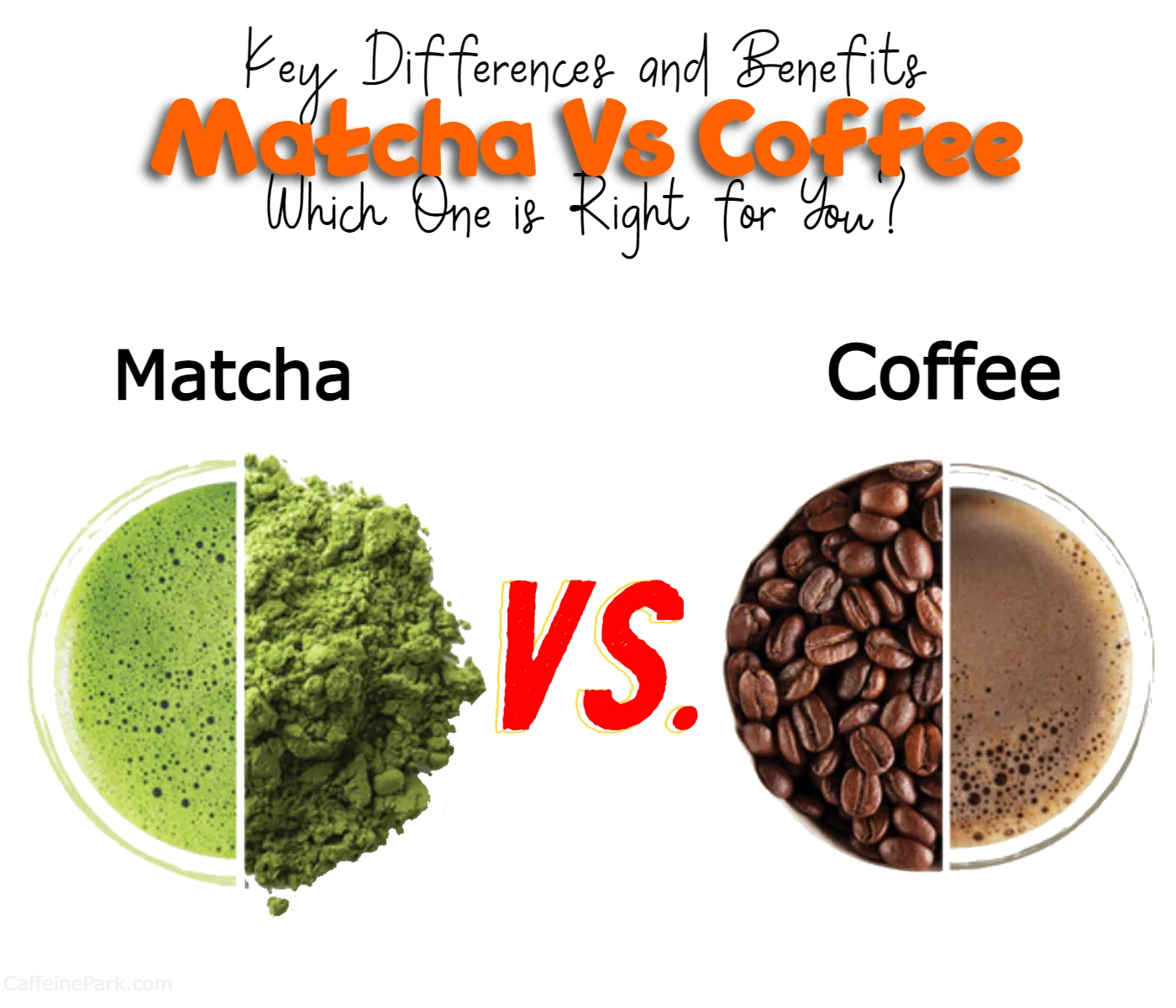
Welcome to our blog about caffeine-free green tea! If you’re looking for a healthy and delicious beverage that won’t keep you up all night, you’ve come to the right place. In this blog, we’ll explore the benefits of caffeine-free green tea and introduce you to different types of this popular drink. Whether you’re a seasoned tea drinker or new to the world of green tea, there’s something here for everyone to enjoy.
If you’re looking for a beverage that can help reduce inflammation, improve brain function, and aid digestion, look no further than caffeine-free green tea. This drink has many of the same health benefits as regular green tea but without the stimulating effects of caffeine. That means you can enjoy it any time of the day without worrying about disrupting your sleep or causing anxiety.
So if you’re ready to learn more about caffeine-free green tea and all its benefits, be sure to read to the end of this blog. We’ll cover everything from brewing tips to different types of caffeine-free green tea, so you can find the perfect cup for your tastes and needs. So sit back, relax, and let’s dive into the world of caffeine-free green tea!
What is caffeine-free green tea?
Caffeine-free green tea is made from the same plant as regular green tea, Camellia sinensis, but it goes through a different process to remove caffeine. The caffeine in green tea is naturally occurring and contributes to its stimulating effects. However, some people are sensitive to caffeine or prefer to avoid it for other reasons, such as its impact on sleep or anxiety levels.
To make caffeine-free green tea, the leaves are typically decaffeinated using one of several methods. These methods may involve the use of solvents, such as ethyl acetate or carbon dioxide, or water processing. Each method has its own pros and cons, but the end result is a tea that has a much lower or undetectable level of caffeine.
Benefits of caffeine-free green tea
Reduces anxiety and improves sleep
For those who are sensitive to caffeine, consuming it can lead to symptoms such as jitters, anxiety, and difficulty sleeping. By drinking caffeine-free green tea, you can still enjoy the calming and relaxing effects of the beverage without worrying about these unwanted side effects.
Promotes relaxation
Green tea contains an amino acid called L-theanine, which has been shown to promote relaxation and reduce stress levels. Caffeine-free green tea still contains L-theanine, so you can still experience these benefits without the stimulating effects of caffeine.
Boosts immune system
Green tea contains antioxidants and other beneficial compounds that can help boost the immune system. Caffeine-free green tea still contains these compounds, so you can still reap these benefits even without caffeine.
Aids digestion
Green tea has been shown to help improve digestion and relieve symptoms such as bloating and constipation. Caffeine-free green tea can still provide these benefits without the potential side effects of caffeine on digestion.
Lowers risk of chronic diseases
Green tea has been linked to a reduced risk of chronic diseases such as heart disease, diabetes, and certain types of cancer. While caffeine-free green tea may not have as much research supporting these benefits, it still contains the same beneficial compounds that could potentially help lower the risk of these diseases.
Types of caffeine-free green tea
Decaffeinated green tea
Decaffeinated green tea is the most common type of caffeine-free green tea. It’s made by using solvents to extract the caffeine from the tea leaves, leaving behind a tea that still has the same flavor and aroma but with much less caffeine.
Herbal green tea blends
Herbal blends that include green tea as an ingredient can also be a good option for those looking for a caffeine-free alternative. These blends may include other herbs such as chamomile, mint, or ginger to provide additional health benefits and flavor.
Rooibos green tea
Rooibos tea is a type of herbal tea that is naturally caffeine-free and often used as a substitute for green tea. It has a slightly sweet and nutty flavor and is rich in antioxidants, making it a great option for those looking for a caffeine-free beverage.
Matcha green tea
Matcha is a type of green tea that is made by grinding green tea leaves into a fine powder. While matcha does contain caffeine, it’s typically lower in caffeine than regular green tea due to the way it’s prepared. Additionally, some matcha blends are specifically marketed as caffeine-free, so it can be a good option for those looking for a caffeine-free alternative.
How to make caffeine-free green tea
Making caffeine-free green tea is similar to making regular Making caffeine-free green tea is similar to making regular green tea. Here are the basic steps:
- Heat water to the appropriate temperature. Different types of green tea may require different water temperatures, so be sure to check the packaging or do some research before brewing.
- Add the tea leaves to a teapot or infuser. If using loose-leaf tea, add about one teaspoon of tea per cup of water.
- Pour the hot water over the tea leaves and let steep for 2-3 minutes.
- Remove the tea leaves and enjoy!
If using tea bags, simply steep the tea bag in hot water for 2-3 minutes and then remove the bag.
Final thoughts
Caffeine-free green tea can be a great alternative for those looking to avoid caffeine but still enjoy the benefits of green tea. Whether you choose a decaffeinated green tea, an herbal blend, rooibos tea, or matcha, there are plenty of options to choose from. So go ahead and brew yourself a cup of caffeine-free green tea and enjoy all its health benefits and delicious flavor!
FAQs
Caffeine-free green tea is a green tea that has had the caffeine removed or never had caffeine, to begin with. It is a great option for those who are sensitive to caffeine or want to avoid it altogether.
Caffeine-free green tea has many of the same health benefits as regular green tea, such as reducing inflammation, improving brain function, and aiding digestion. However, it does not have the stimulating effects of caffeine, making it a great option for those who want to enjoy green tea without disrupting their sleep or causing anxiety.
Brewing caffeine-free green tea is similar to brewing regular green tea. Heat water to the appropriate temperature, add the tea leaves to a teapot or infuser, pour the hot water over the tea leaves, and let steep for 2-3 minutes. Remove the tea leaves and enjoy!
Some popular types of caffeine-free green tea include decaffeinated green tea, herbal blends (such as chamomile or mint), rooibos tea, and matcha made from shade-grown leaves.
While green tea is generally considered safe during pregnancy, it is recommended to limit caffeine intake. Caffeine-free green tea is a great option for pregnant women who want to enjoy the health benefits of green tea without caffeine.
Yes! Caffeine-free green tea is a great option to drink before bed as it does not contain caffeine, which can disrupt sleep. In fact, some herbal blends (such as chamomile) have calming properties that can help promote relaxation and improve sleep.
Read More:





